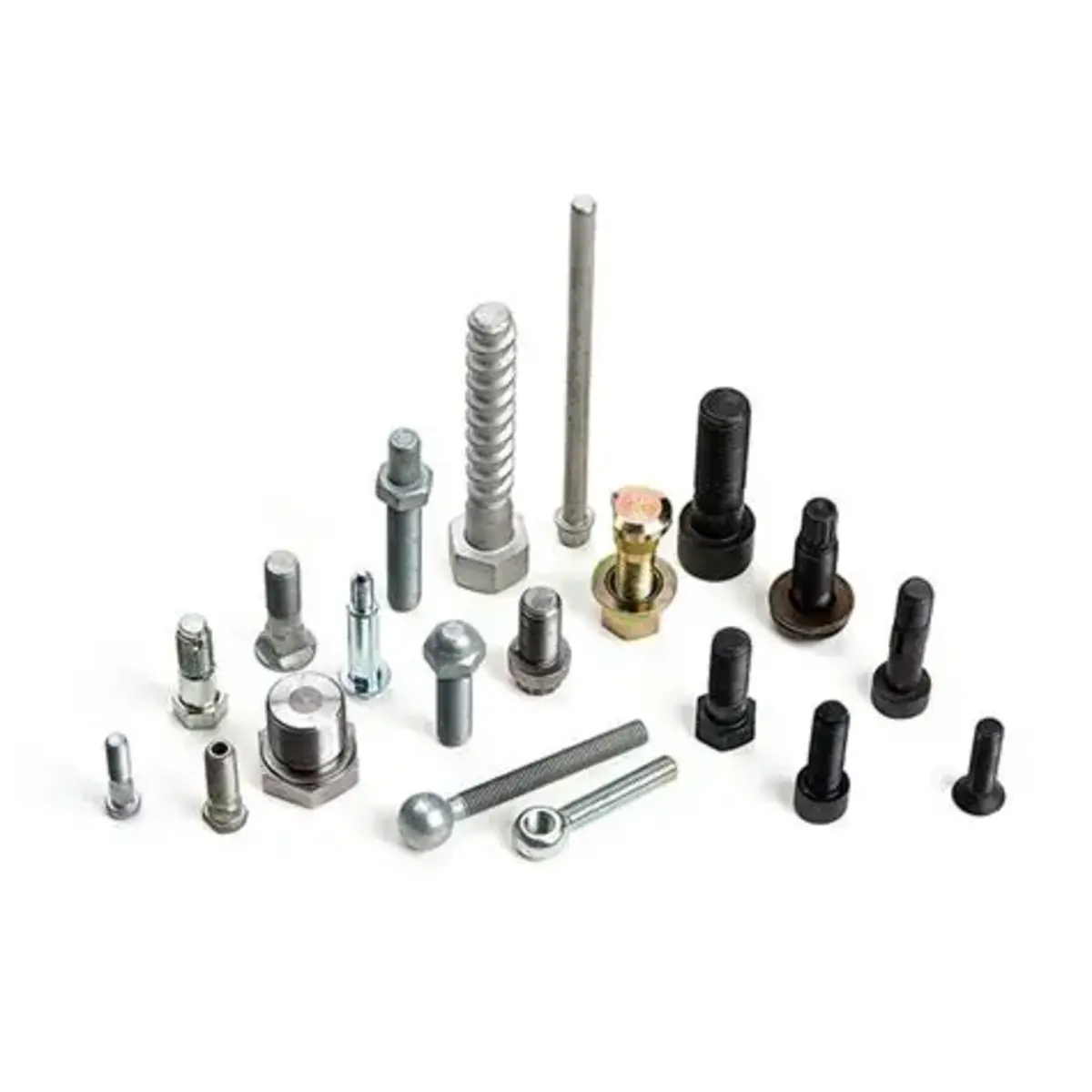Engineering Custom Bolts: In construction and building, every connection matters. Bolts are more than just fasteners—they’re the backbone of structural integrity. Yet, not all projects can rely on standard off-the-shelf solutions. Unique site conditions, complex load requirements, or unconventional designs often call for engineering custom bolts tailored to the application.
This article explores why custom bolts are critical in specialized construction, how they’re engineered, and what builders should know when selecting or specifying them.
Why Custom Bolts Are Needed in Construction
Standard bolts work well for routine building tasks, but specialized projects often face challenges that demand a higher level of precision:
Heavy load-bearing structures – Bridges, stadiums, and industrial plants need fasteners capable of sustaining extreme stresses.
Unusual geometries – Architects and engineers increasingly design unconventional forms where traditional bolts won’t fit.
Hostile environments – Coastal builds, chemical plants, or high-temperature facilities require corrosion-resistant or heat-treated fasteners.
Safety-critical connections – In applications like nuclear plants or offshore platforms, failure is not an option.
Custom bolts ensure that the design intent translates into reliable, safe, and long-lasting performance.
The Engineering Behind Custom Bolts
Designing a bolt for specialized applications is more than changing its size. It involves a precise engineering process that integrates materials science, mechanical analysis, and manufacturing expertise.
Material Selection
Choosing the right alloy is the foundation. Options include:
Carbon steel for general construction.
Alloy steels for higher tensile strength.
Stainless steel for corrosion resistance.
Exotic metals like Inconel or titanium for extreme environments.
The choice depends on expected loads, exposure conditions, and regulatory standards.
Strength and Load Requirements
Engineers calculate tensile, shear, and fatigue limits based on the application. For example, a wind turbine tower bolt faces cyclical stress, while a bridge bolt must resist static heavy loads. Custom engineering ensures the bolt’s geometry and grade match the demand.
Thread Design
Thread pitch, depth, and form affect how loads are distributed. For high-strength applications, custom thread profiles can reduce stress concentrations and improve fatigue life.
Coatings and Treatments
Protective finishes extend bolt life and performance. Options include:
Hot-dip galvanizing for outdoor construction.
Zinc-nickel plating for advanced corrosion resistance.
Heat treatment to improve hardness and wear resistance.
Precision Manufacturing
CNC machining, hot forging, and controlled heat treatment deliver bolts with exact tolerances. Unlike mass-produced bolts, custom fasteners undergo tighter quality controls and certifications to ensure compliance with project standards.
Applications of Custom Bolts in Construction
Structural Steel Connections
High-rise buildings, bridges, and stadiums often need custom-designed high-strength bolts to meet local codes and unique load conditions.
Precast and Modular Construction
Bolts tailored for modular joints simplify assembly and ensure consistent alignment across prefabricated units.
Infrastructure in Harsh Environments
Custom stainless or coated bolts resist corrosion in marine piers, tunnels, and offshore platforms.
Heavy Equipment Foundations
Anchor bolts designed for cranes, turbines, or industrial machinery require customized geometry for stability under dynamic loads.
Benefits of Engineering Custom Bolts
Improved Safety – Purpose-built fasteners reduce risk of structural failures.
Cost Efficiency – While upfront costs are higher, custom bolts minimize downtime, repairs, and replacements.
Design Flexibility – Enables architects and engineers to innovate without being limited by standard components.
Regulatory Compliance – Custom bolts can be engineered to meet strict building codes or international standards.
Practical Considerations for Builders and Engineers
Before ordering or specifying custom bolts, project teams should consider:
Performance Requirements
Define the forces, stresses, and environmental factors upfront. The clearer the specification, the more precise the engineering.
Lead Times
Unlike standard bolts, custom orders require additional manufacturing and testing. Builders should account for this in project scheduling.
Certification and Testing
Reputable manufacturers provide documentation, such as mill test reports, tensile strength verification, and coating certifications.
Partnering with Specialists
Work with manufacturers who specialize in engineering custom bolts for construction. Their expertise in material science, machining, and testing ensures the final product meets project demands.
The Future of Custom Bolts in Construction
Advances in digital design and manufacturing are transforming how custom bolts are produced. CAD modeling, finite element analysis (FEA), and 3D printing prototypes allow engineers to test performance virtually before production. Additionally, sustainability considerations are leading to eco-friendly coatings and materials that align with green building practices.
As construction projects grow more ambitious—taller skyscrapers, longer bridges, more resilient infrastructure—the role of engineered fasteners will only expand. Custom bolts are no longer a niche solution but a necessity for modern construction challenges.
Conclusion
In construction, reliability begins at the smallest connection point. Engineering custom bolts ensures that buildings, bridges, and infrastructure projects not only stand tall but also endure the test of time and environment.
Mur Baut – For builders and engineers, investing in the right custom fasteners means fewer compromises, greater safety, and the ability to bring innovative designs to life. When standard bolts aren’t enough, engineered solutions provide the strength and precision that specialized industry applications demand.
scale, product breadth, and logistics excellence—making it a trusted name for builders, manufacturers, and engineers nationwide.


